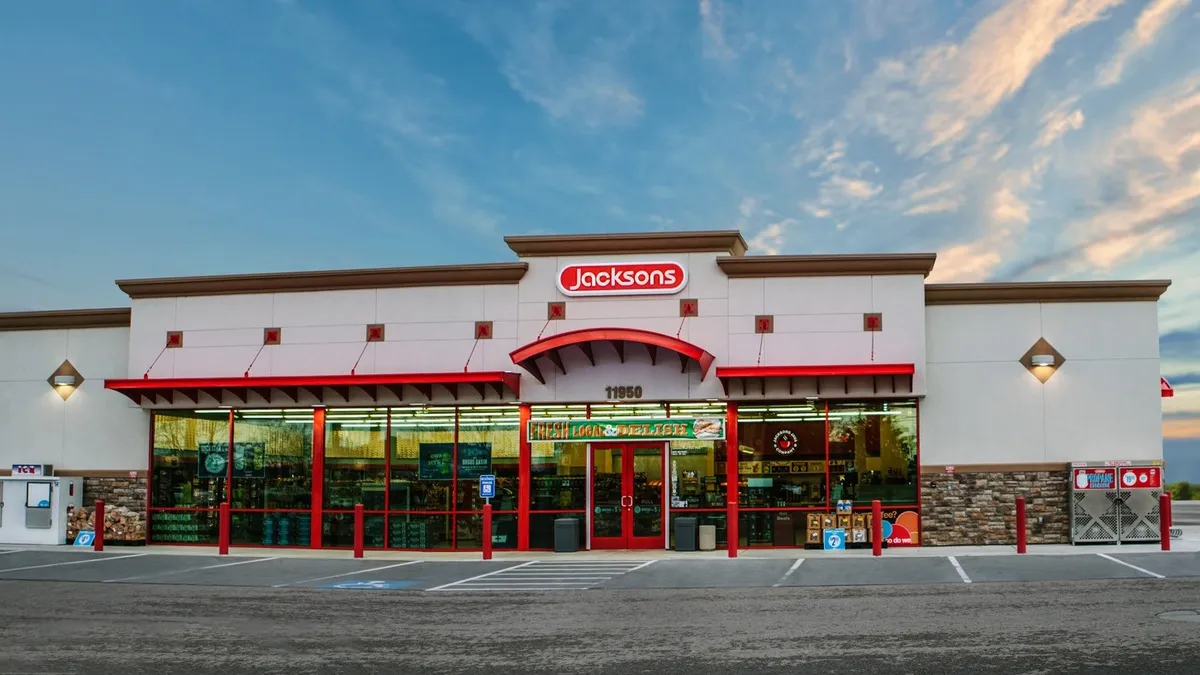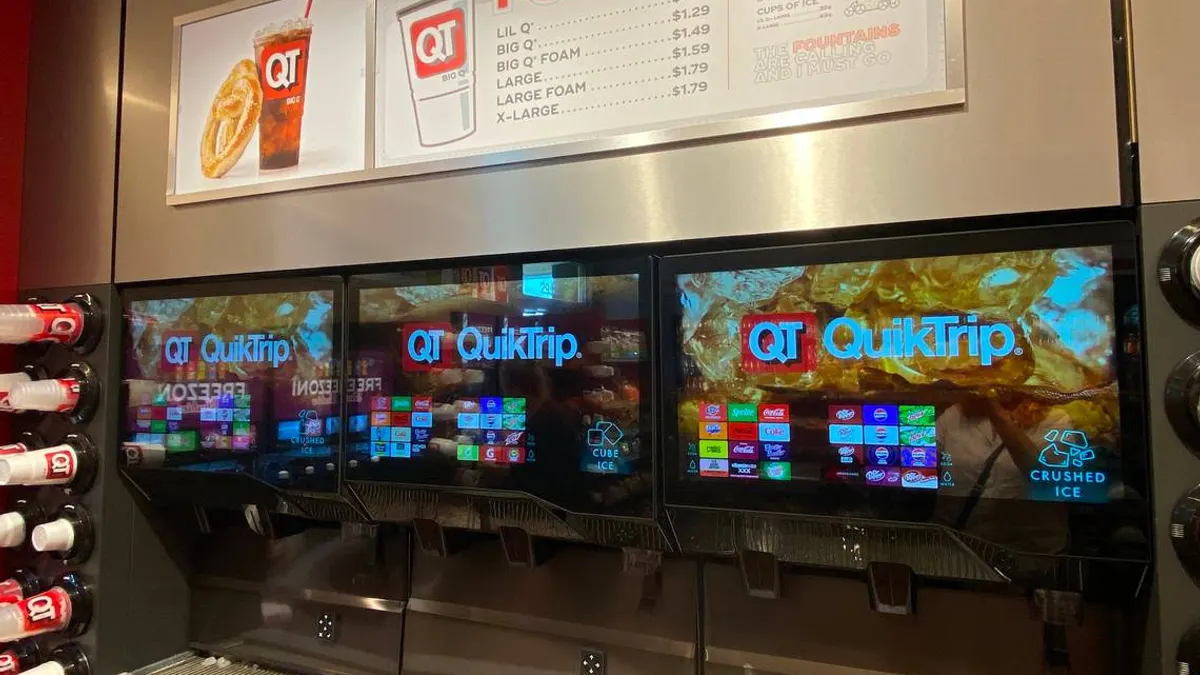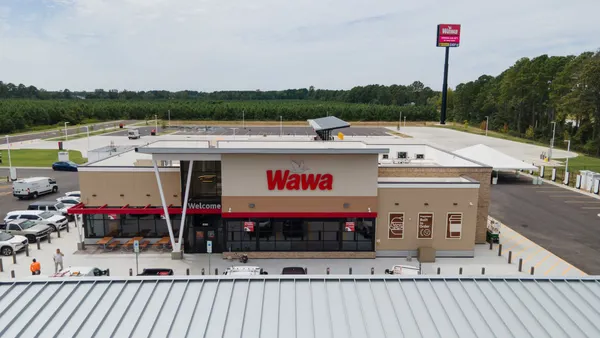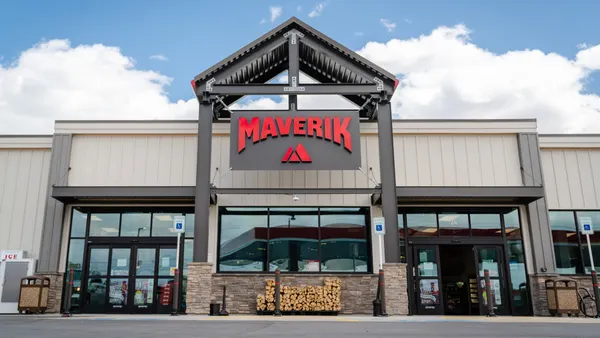Dive Brief:
- Jacksons Food Stores is facing a lawsuit from two people claiming the convenience store retailer violated a Portland, Oregon, city ordinance by using facial recognition technology in its stores, according to filings in U.S. district court.
- The lawsuit also states that although Jacksons implemented the software to assist in the identification and prosecution of shoplifters, it can wrongly identify people as criminals, and those errors “disproportionately affect women and people of color.”
- If Jacksons is held liable, the lawsuit asks for the plaintiffs to receive compensatory or statutory damages of $1,000 per day for each day of violation — whichever is greater — but totaling no less than $10 million.
Dive Insight:
Since there are no existing federal laws governing the use of facial recognition technology, U.S. states, counties, and cities have been left to set their own regulations.
Approved in September 2020, the Portland ordinance required all bureaus, offices, and places of public accommodation by any private entity to stop using the technology by Jan. 1, 2021. The city legislation was made to prioritize racial equity and data privacy, serve public needs and build trust around the collection and use of public data, according to its initial release.
By this time, Jacksons had implemented the software technology in three of its Portland-area stores. Since the retailer is a “private entity” with areas of public accommodation as defined by ordinance because customers come inside the store, it was required to stop using the technology.
However, the lawsuit claims that Jacksons employed its facial recognition technology at various Portland locations even after the ordinance went into effect.
“Jacksons’ use of cameras and facial matching software to scan for would-be shoplifters clearly violates the ordinance,” the lawsuit states.
According to the lawsuit, Jacksons used Blue Line Technology’s First Line software, which uses high-resolution digital security cameras to snap images of people as they approach the store. It then deploys an algorithm to determine whether the face in front of the camera matches a face on file with Jacksons, locking out people who may have been banned from returning.
When approaching the store, customers are presented with a sign that tells them to look at the camera and that facial recognition is being used. Customers cannot enter the store unless they let the software scan them, according to the lawsuit.
The lawsuit states that the technology is “deeply flawed,” and that customers “may find themselves stopped by security or prevented from entering a Jacksons store merely for having the wrong facial features or skin color.”
The number of persons affected is believed to amount to hundreds, if not thousands, the lawsuit noted.
The lawsuit was filed originally on Dec. 1, 2022 in the Circuit Court of the State of Oregon, Multnomah County Division. On Jan. 3, it was removed to the U.S. District Court District of Oregon, Portland Division.
Meridian, Idaho-based Jacksons Food Stores owns more than 360 c-stores under a variety of banners in the western U.S., including about 33 locations in Portland. Jacksons did not respond by press time to an inquiry for details on the lawsuit.
Jacksons isn’t the first c-store retailer to come under fire for unlawfully using facial recognition technology. In October 2021, 7-Eleven disabled the facial recognition it had used in 700 of its Australia stores after news broke that the images were obtained without consent and interfered with customer privacy.











